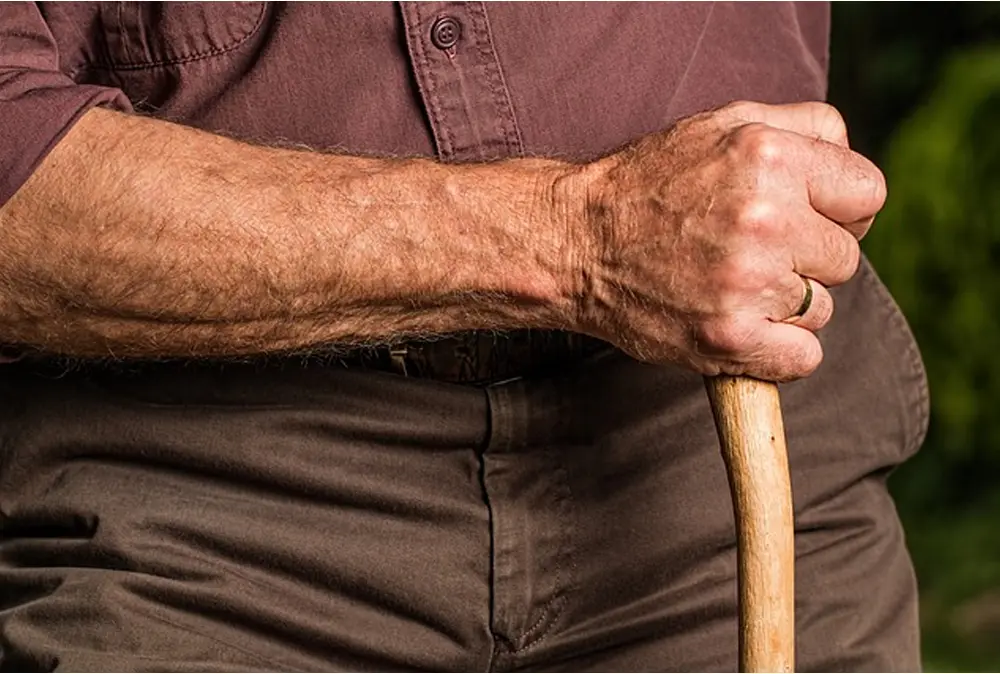Offering care services across England, we enable our clients to live safely and independently at home. We care for the elderly and support young adults and children. Our specialisation is in nursing and complex care services.

MOBILITY ISSUES IN THE ELDERLY: WARNING SIGNS & STEPS TO TAKE
As we age, it’s common to face new challenges with mobility. Mobility refers to a person’s ability to move around comfortably on their own. Unsteadiness while walking or difficulties getting in and out of beds and chairs can easily lead to dangerous slips and falls for older people. Certain medical conditions and medications can contribute to these difficulties by causing symptoms such as muscle weakness, pain and joint problems.
Even minor difficulties for your elderly relative can have a large impact on their daily life. Seemingly everyday tasks like visiting friends or shopping for their groceries may become too difficult to manage and increase reliance on others. Mobility problems can have social and psychological effects and can lead to low self-confidence and even depression.
Mobility issues can also indicate more serious health problems, so it is important to look out for signs of problems with mobility in the elderly and take steps to solve any issues promptly.
WHAT CAUSES MOBILITY ISSUES IN THE ELDERLY
Mobility issues often become more prevalent with age due to the natural ageing process and the cumulative effects of various health-related issues. Here are some common causes of mobility issues in the elderly:
PHYSICAL & HEALTH RELATES CAUSES
- Muscle Weakness: There is a natural loss of muscle mass and strength as we age, a condition known as sarcopenia. This can lead to difficulties with balance, strength and mobility.
- Joint Problems: Conditions like osteoarthritis, rheumatoid arthritis, and other joint disorders become more common with age. These conditions can lead to pain, stiffness, and reduced joint flexibility, making it harder to move around.
- Bone Health: Osteoporosis, a condition characterised by weakened and brittle bones, can increase the risk of fractures and falls.
- Neurological Conditions: Diseases like Parkinson’s disease, multiple sclerosis, and peripheral neuropathy can affect the nervous system and disrupt coordination and muscle control.
- Cardiovascular Issues: Heart disease, hypertension, and other cardiovascular problems can result in reduced stamina and shortness of breath, making it challenging to engage in physical activities.
- Vision and Hearing Loss: Impaired vision and hearing can make it challenging for the elderly to navigate their environment safely, increasing the risk of falls and mobility problems.
- Cognitive Impairment: Conditions such as dementia and Alzheimer’s disease can impact an individual’s ability to plan and execute physical movements safely.
- Obesity: Being overweight or obese can put extra stress on joints and muscles, making it more difficult to move comfortably.
- Medications: Some medications prescribed to older adults may have side effects that affect balance, coordination, or muscle function.
No comments:
Post a Comment